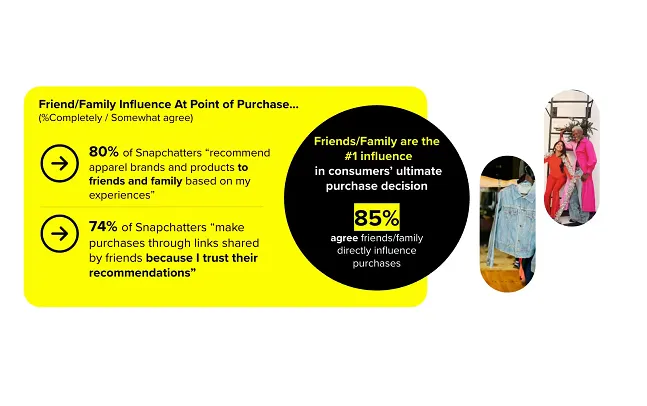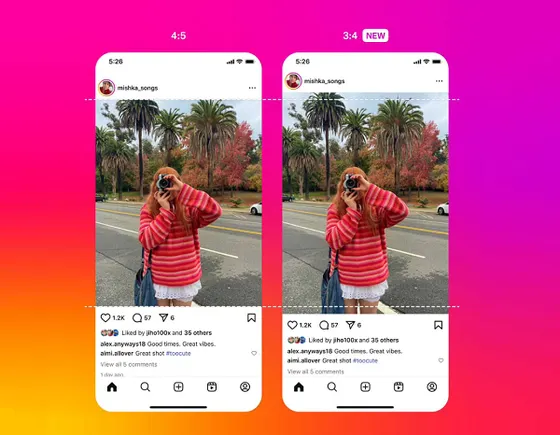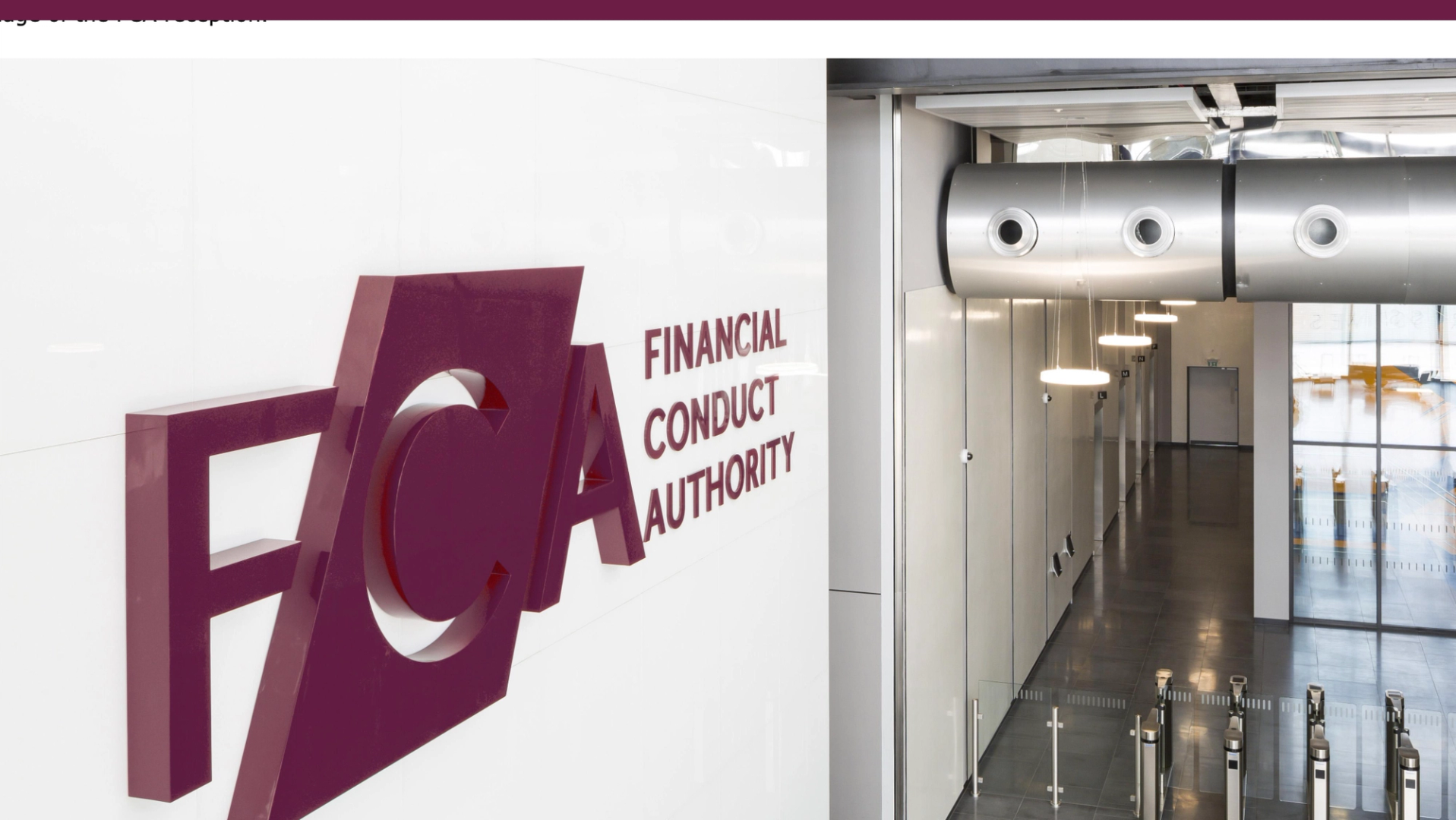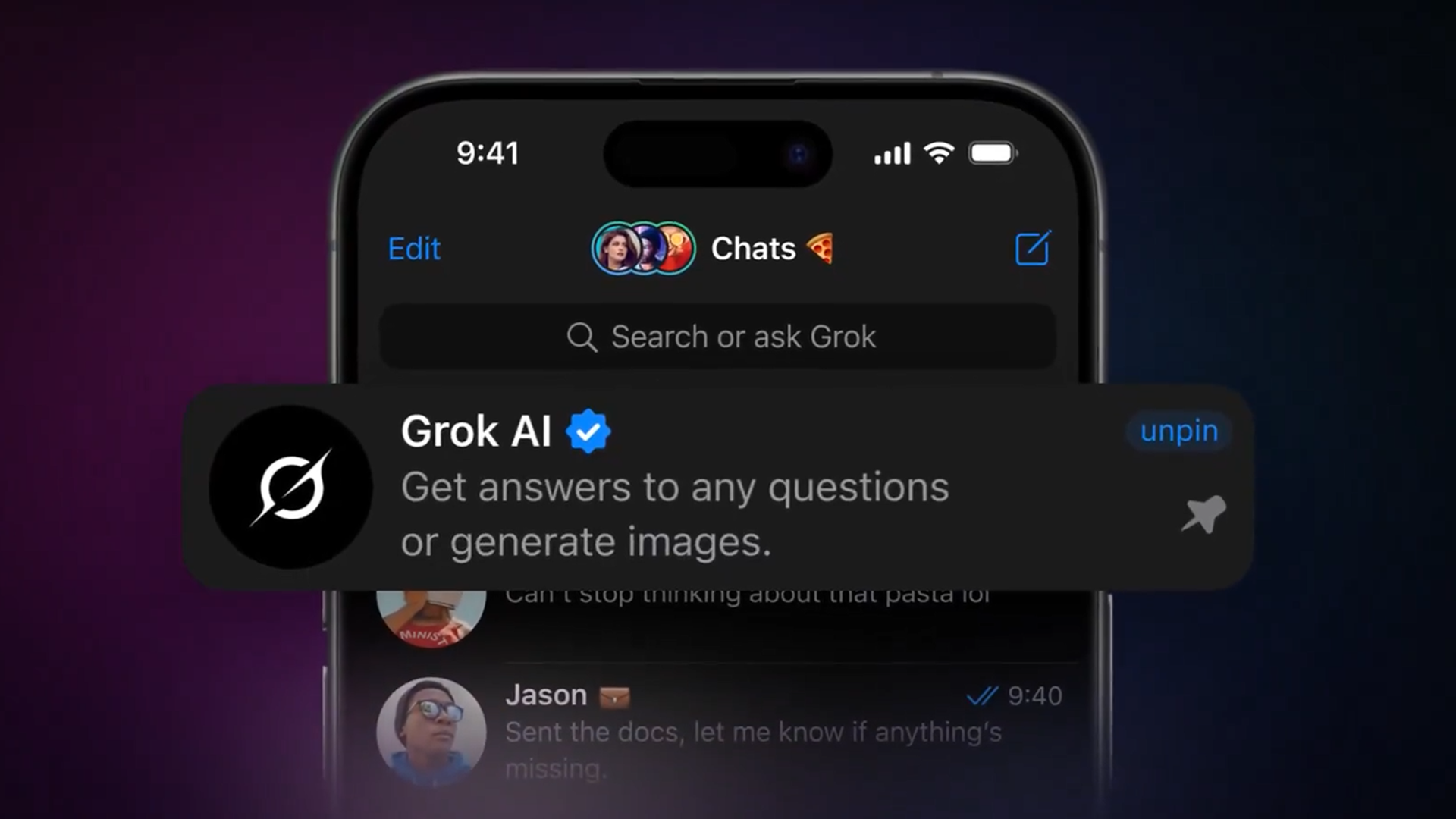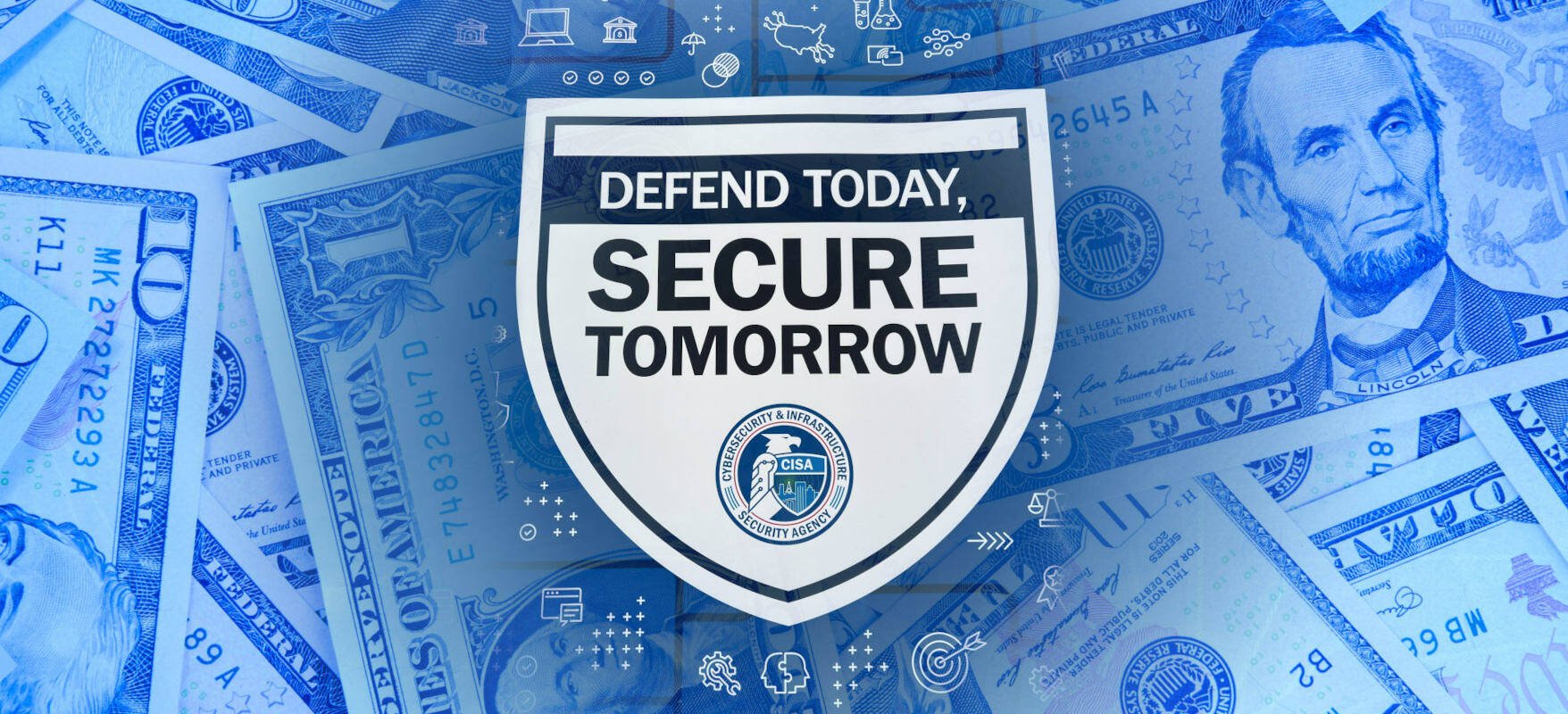DMV text scams are on the rise in some states
Fake DMV text scams are spreading fast, using legal jargon and fear tactics to steal personal info from drivers nationwide.


Over the past few weeks, we’ve covered the rise of phishing scams sweeping across the US. Now, a new variant is making the rounds: scammy SMS messages targeting drivers under the guise of official DMV notices. These DMV text and ticket scams seem to be all over the country.
In recent weeks, Departments of Motor Vehicles in states like California, Florida, and New York have issued public warnings about fraudulent texts claiming to represent their offices. The messages allege that drivers owe unpaid tolls or have outstanding violations, and if they don’t pay up, they’re threatened with credit damage or even prosecution. Google Trends shows that interest is spiking in other states, too, like Utah and Illinois, suggesting the scam is rapidly gaining traction.
A more troubling detail is the misuse of state-specific legal codes to increase credibility. Most of the examples seen online show the same code: "15C-16.003," which is a real statute in Florida relating to car insurance, but is misused in messages sent to New Yorkers, where no such code exists.
This Tweet is currently unavailable. It might be loading or has been removed.
State agencies do not use text messages to deliver legal notices or collect fines. The recent DMV scams seem quite similar to the E-ZPass scam texts that have proliferated in the last few months. Scammers rely on exploiting confusion and targeting individuals who are less familiar with digital threats, often the elderly or those who aren’t tech-savvy. That's why the messages are sometimes filled with shoddy grammar and easily verifiable mistakes — scammers don't want to waste time on people who know better. The recent DMV ticket scams also use phrases like "DMV Final Notice," which increases urgency and makes people act before they had time to think clearly.
The most effective defense is simple: ignore the messages and do not click the links. You can also delete the message and report it as junk. If there’s any concern about outstanding DMV fees or violations, official state DMV websites allow users to securely check your status and verify if you have a ticket or any outstanding charges.
Have a story to share about a scam or security breach that impacted you? Tell us about it. Email submissions@mashable.com with the subject line "Safety Net" or use this form. Someone from Mashable will get in touch.


